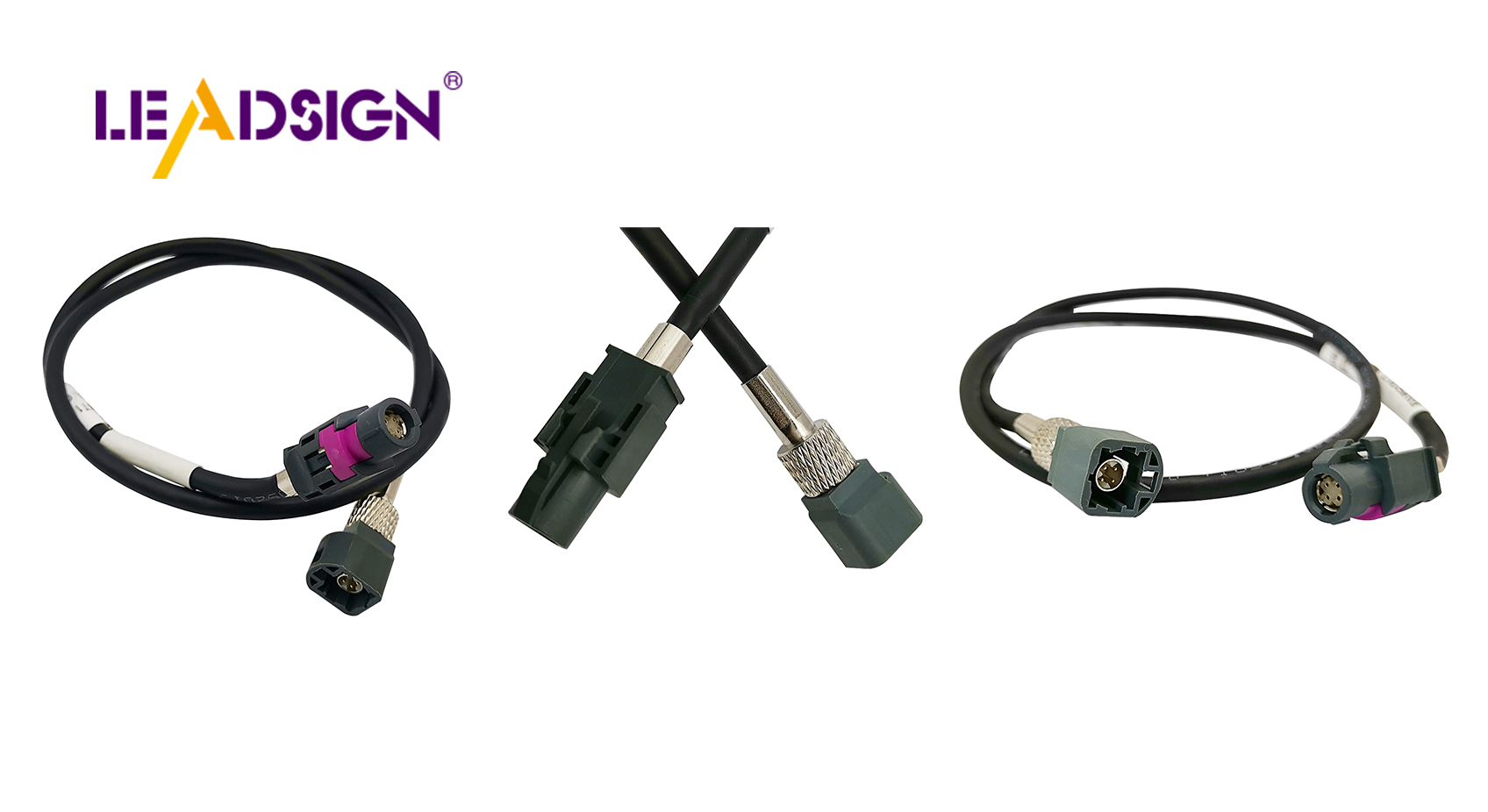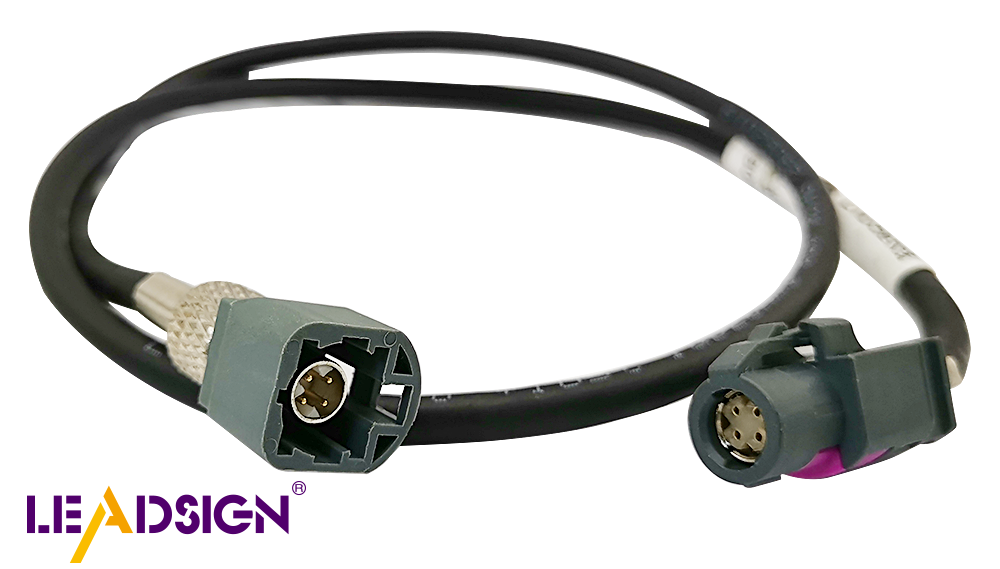Navigating Car Wire Connector Types: Your Essential Guide

Automotive electrical connectors types are crucial for your car's electrical system. They play a vital role in keeping components connected and functioning properly. There are various types of automotive electrical connectors, each designed for specific applications and environments. Understanding these connector types is essential for making informed choices to enhance the safety and efficiency of your vehicle.
Understanding Car Wire Connectors

What are Car Wire Connectors?
Definition and Function
Car wire connectors are key parts of your car's electrical system. They link wires, making sure connections stay strong and safe. These connectors help electricity flow so car parts work well. They keep circuits working right, which is important for your car's performance.
Common Uses in Vehicles
Car wire connectors are used in many places in your car. They connect the battery to the starter, helping the engine start easily. They also join the alternator to the battery for charging. These connectors link lights, sensors, and other devices so they work properly.
Importance of Choosing the Right Connector
Impact on Vehicle Performance
Picking the right connector affects how well your car runs. A good connector keeps electricity flowing without losing power. This helps with fuel use and overall performance. The right connector stops problems like voltage drops or overheating.
Safety Considerations
Safety is crucial with car wire connectors. Using the right one lowers risks of electrical problems like short circuits or fires. Secure connections protect you and passengers. Good connectors also stop damage to electronics, keeping safety features working longer.
Types of Car Wire Connectors
Knowing about car wire connectors helps keep your car working. Each type does different jobs and has special uses. Let's look at some common ones.
High-Speed Data (HSD) Connectors
Features and Benefits
HSD connectors move lots of data quickly. They help cars send data safely. These connectors have locks to keep them secure. They hold cables tight, so they don't come loose. HSD connectors also stop wrong connections from happening.
Common Uses
HSD connectors are in car electronics. They connect cameras, USBs, and other tech parts. You see them in car entertainment systems too. Telecom places like radio stations use them as well.
Low Voltage Differential Signaling (LVDS) Connectors
Features and Benefits
LVDS connectors send data fast without using much power. They cut down on interference, which is good for sensitive gadgets. Their small size fits in tight spaces easily. They work with long cables without losing signal quality.
Common Uses
LVDS connectors are used in car video setups. They link screens and cameras for clear pictures. They're also in entertainment systems connecting media parts together. Car makers like using them because they're reliable.
Universal Serial Bus (USB) Connectors
Features and Benefits
USB connectors are everywhere in cars now. They let you plug devices into a standard port easily. USBs are simple to use with their plug-and-play feature. Different versions offer various data speeds.
Common Uses
In cars, USBs charge gadgets and connect music players. They're part of entertainment systems for phones and tablets too. USBs help update software so your car stays current.
How to Pick the Right Car Wire Connector
Things to Think About
Fit with Your Car
Make sure the connector fits your car. Check your car's make and model. Different cars have different electrical systems. A connector for one car might not fit another. Look at the size and shape of the connector. It should match what's in your car now. This helps it work well.
Power Needs
Think about how much power your car uses. Each connector handles certain current and voltage levels. Make sure these match your car's needs. If they don't, things can break or fail. Count how many wires you need to connect. Also, consider weather effects like rain or heat. Pick a connector that can handle these.
Choosing Tips
Checking Quality and Strength
Look at how good the connector is made. Good ones use materials like gold contacts for better flow and no rusting. Find connectors with strong locks for safety. Strong cables stop them from coming loose easily. Tough connectors last longer and work better.
Asking Experts
Talk to car experts for advice. They know about different connectors well. Experts can suggest what works best for you, helping avoid mistakes. Getting help saves time and helps you choose right, giving peace of mind.
Car wire connectors are important for your car's safety and performance. Now, you should act on this knowledge. Look at different products to find the best connectors for you. Learn more by asking experts about these connectors. Knowing about them helps you make smart choices. Use this guide to pick the right ones. Check out various products for more options. Choosing correctly keeps your car safe and efficient.
See Also
Exploring Ford Fakra Connectors: A Comprehensive Overview
Understanding Fakra Connectors: Basics, Types, and Usage
Mastering Fakra Connectors: Benefits, Uses, and Setup Advice
In-Depth Look at Fakra Female Connectors: Everything You Need to Know

